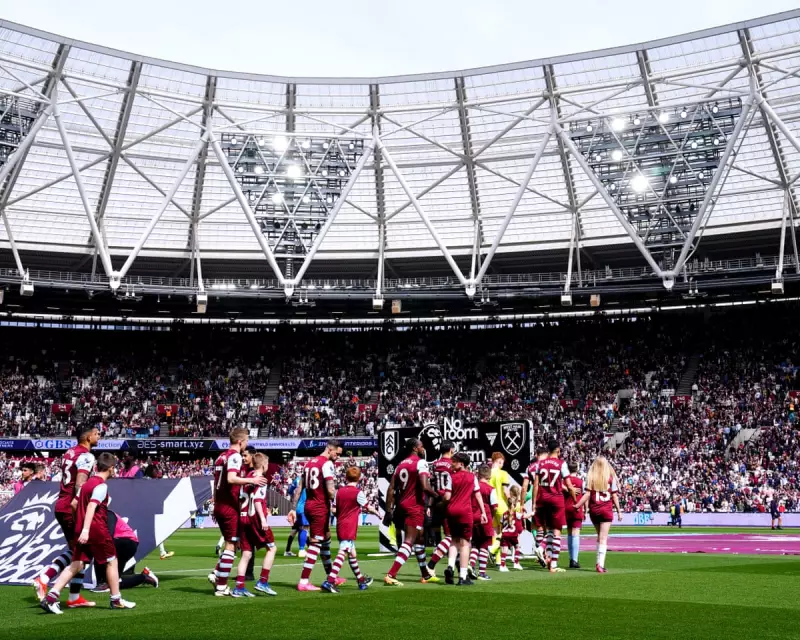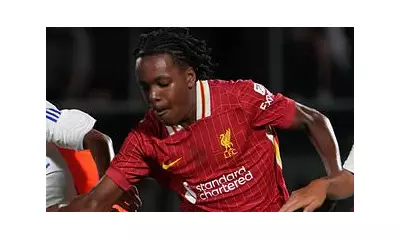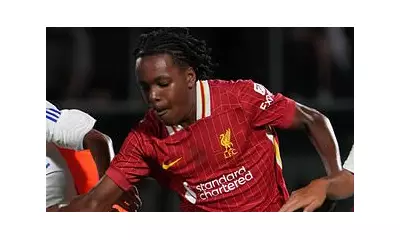
The cherished tradition of children walking out hand-in-hand with their football heroes is facing a modern-day threat: eye-watering price tags that put the dream experience beyond reach for ordinary families.
The Commercialisation of Childhood Dreams
Across the Premier League, what was once a reward for local community involvement or exceptional circumstances has transformed into a premium commercial product. Clubs including Manchester United, Chelsea, and Tottenham Hotspur now charge substantial fees for the mascot experience, with packages reaching up to £1,000 in some cases.
This shift represents a fundamental change in how clubs view what many consider football's purest tradition. Where once children earned their place through school achievements or community contributions, today's mascots often come from families who can afford the premium price tag.
The Stark Reality of Mascot Pricing
The investigation reveals a tiered system of mascot opportunities:
- Premium packages at top clubs costing between £500-£1,000
- Standard opportunities ranging from £150-£400 at mid-table clubs
- Limited free places often reserved for competitions or community programmes
One parent shared their experience of paying £650 for their child to be a mascot, describing it as "a lifetime memory, but at a lifetime's cost."
The Grassroots Alternative
While Premier League clubs commercialise the experience, lower-league clubs maintain the tradition's original spirit. Clubs in the Championship and below continue to offer mascot opportunities for free or at minimal cost, focusing on community engagement rather than profit.
A League Two club chairman explained: "For us, it's about inspiring the next generation, not extracting maximum value from childhood dreams."
The Future of Football Traditions
As football's financial landscape continues to evolve, questions remain about how clubs balance commercial interests with their community responsibilities. The mascot experience serves as a microcosm of wider debates about accessibility, tradition, and the soul of modern football.
While clubs defend the practice as necessary revenue generation in an increasingly competitive financial environment, critics argue that some traditions should remain beyond commercial reach.





